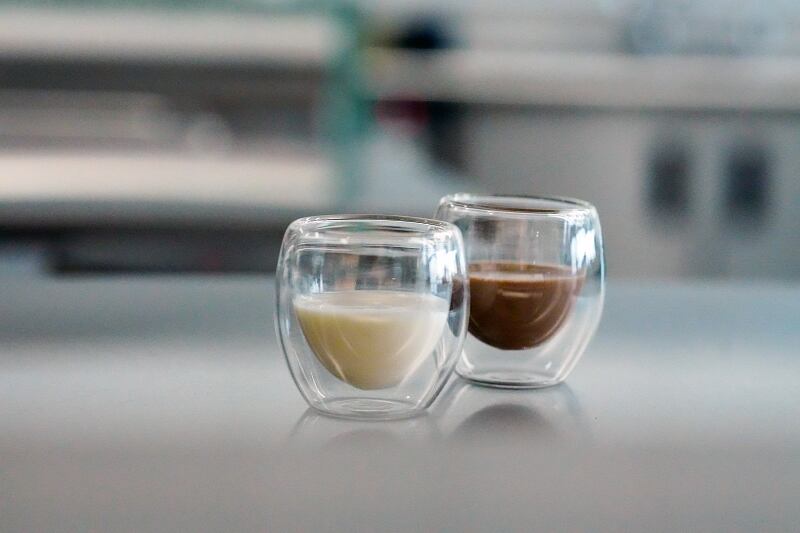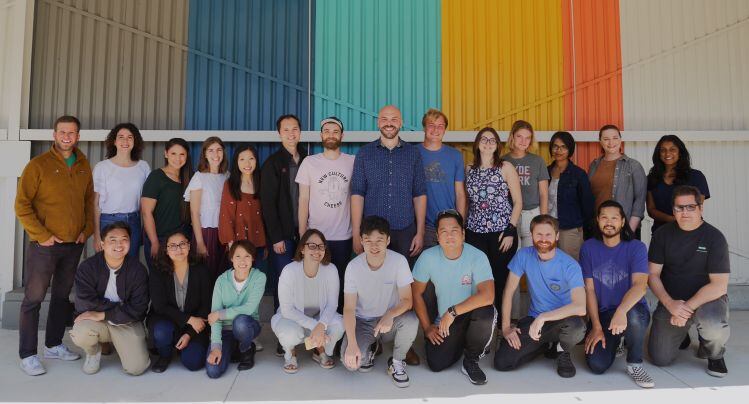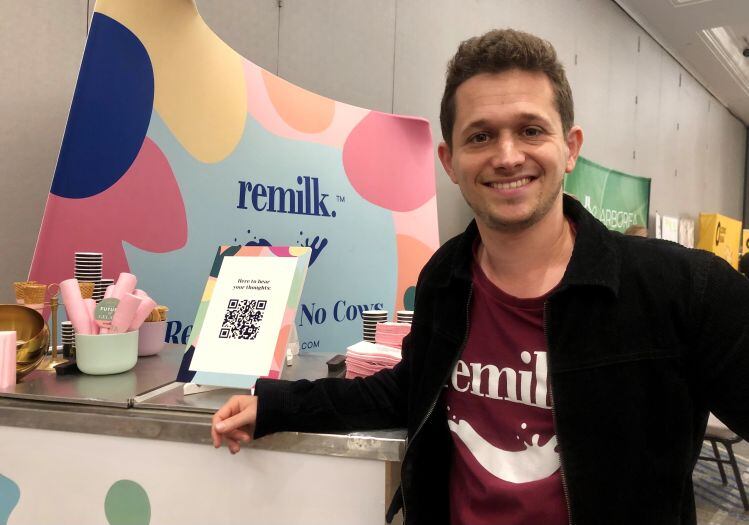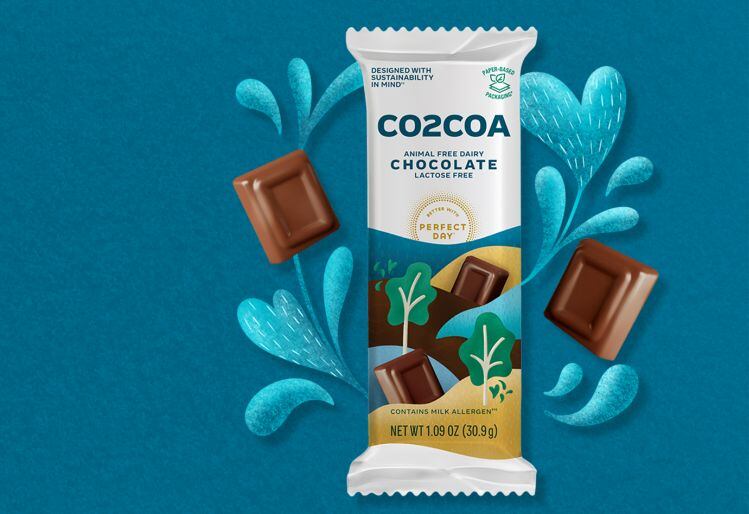Nestlé will pilot the beverage later this year at a handful of stores through a “top class” test-and-learn methodology used by its newly established US R+D Accelerator to “determine if this is a good opportunity for us or [if] we need to pivot or [if] we need to continue or [if] we need to stop,” Joanna Yarbrough, head of the R+D Accelerator, told a handful of reporters at the company’s headquarters last week.
“We’re really excited about this because we know that consumers are continually looking for alternatives in the dairy space that can meet their needs from a nutritional and taste perspective, but also that are environmentally considerate. So, we want to explore this and see if it is a good opportunity for our business as well,” she said.
“And who better than Nestlé to test this and develop this concept given our expertise in the dairy category and in plant-based milk alternatives – bringing all that know-how together to now apply that towards the animal-free dairy space,” she added.
Perfect Day’s expanding footprint
While Nestlé is not the first consumer brand to work with Perfect Day to bring a milk-like beverage to market, its caliber, reach and deeply established consumer trust make it a notable addition to the playing field and one that could dramatically impact how shoppers engage with and perceive this new technology.
“Innovating alongside leaders like Nestlé is a key part of how we’re scaling Perfect Day’s impact,” said Perfect Day co-founder and CEO Ryan Pandya. “We can’t wait for consumers to taste how a brand with centuries of world-class experience can partner with Perfect Day to deliver for consumers and our planet for years to come,” he added in a comment released by Nestlé.
Perfect Day is also working with several other manufacturers to bring to market animal-free milks, including betterland foods, a new company from Think!, which debuted at Natural Products Expo West this spring a lactose-free milk in whole and extra creamy varieties, Strive Nutrition, which launched earlier this year a shelf-stable milk beverage using the company’s proteins, and Tomorrow Farms, which introduced earlier this summer its Bored Cow flavored milk brand that uses Perfect Day’s animal-free whey protein.
Perfect Day’s animal-free whey also appears in products across categories, including The Urgent Company’s Brave Robot branded ice cream.
When Perfect Day first unveiled its cellular agriculture technology, which adds DNA sequences to food grade genetically engineered microflora to produce proteins and other ingredients found in plants and animals on an industrial scale, it teased that it was in talks with three of the largest dairy companies globally. Through these and other partnerships it is speeding to market its animal-free whey protein.
‘We don’t have all the answers’
While Nestlé is starting with an animal-free milk-like beverage, Heike Steiling, head of Nestlé’s Development Center for dairy products, suggested this may be just the beginning.
“We are exploring emerging technologies that can lead to animal-friendly alternatives that are nutritious and sustainable, without compromising on taste, flavor and texture. Bringing together our unmatched R&D expertise, innovation capabilities and scale, we are working to develop and test novel animal-free dairy protein-based products to complement our wide-ranging portfolio of plant-based alternatives,” Steiling said in a statement.
But creating products with uncompromised organoleptic properties is only one part of the challenge in developing and marketing animal-free dairy products, acknowledged Yarbrough.
She explained that through this pilot program and other work with consumers, regulators and industry stakeholders, Nestlé is exploring how best to talk about animal-free dairy – a term that could confuse consumers.
“Part of what the team [is exploring] in their journey of this concept development is what is the right nomenclature – not only from the standpoint of consumer understanding, but also of course legally and from a regulatory perspective,” she said.
“We are actively working on this now. We don’t have all the answers, to be really transparent,” added Nestlé’s chief technology officer Stefan Plazer. “That’s why we do this test – to learn how the consumers receive it” and if they would buy such a product if they understood it has the same benefits as dairy but also is more sustainable and addresses animal welfare concerns.
The team was quick to note that Nestlé’s exploration of animal-free dairy is in no way a judgement against dairy milk from cows or animals – rather it is another option. Indeed, they noted that dairy milk is highly beneficial for consumers – especially growing children as it is packed not just with macro-nutrients but also micro-nutrients.
Plant-based remains central innovation focus
The company also continues to innovate in the plant-based space, debuting last week its Coffee mate Plant-based Almond and Oat Milk Creamer – a first in the brand’s 50-year history.
The Plant-Based Almond & Oat Milk Creamers will be available in French Vanilla and Caramel in select retailers in October and expand into grocery stores and mass retailers nationwide in January 2023.
The launch builds on Nestle’s almond milk, oat milk and plant-based blends across its Natural Bliss and Starbucks offerings and speaks to the rapid adoption of plant-based products in the coffee segment.
According to the company, the plant-based market was “tiny” just five years ago, but now represents 15% of the category.




